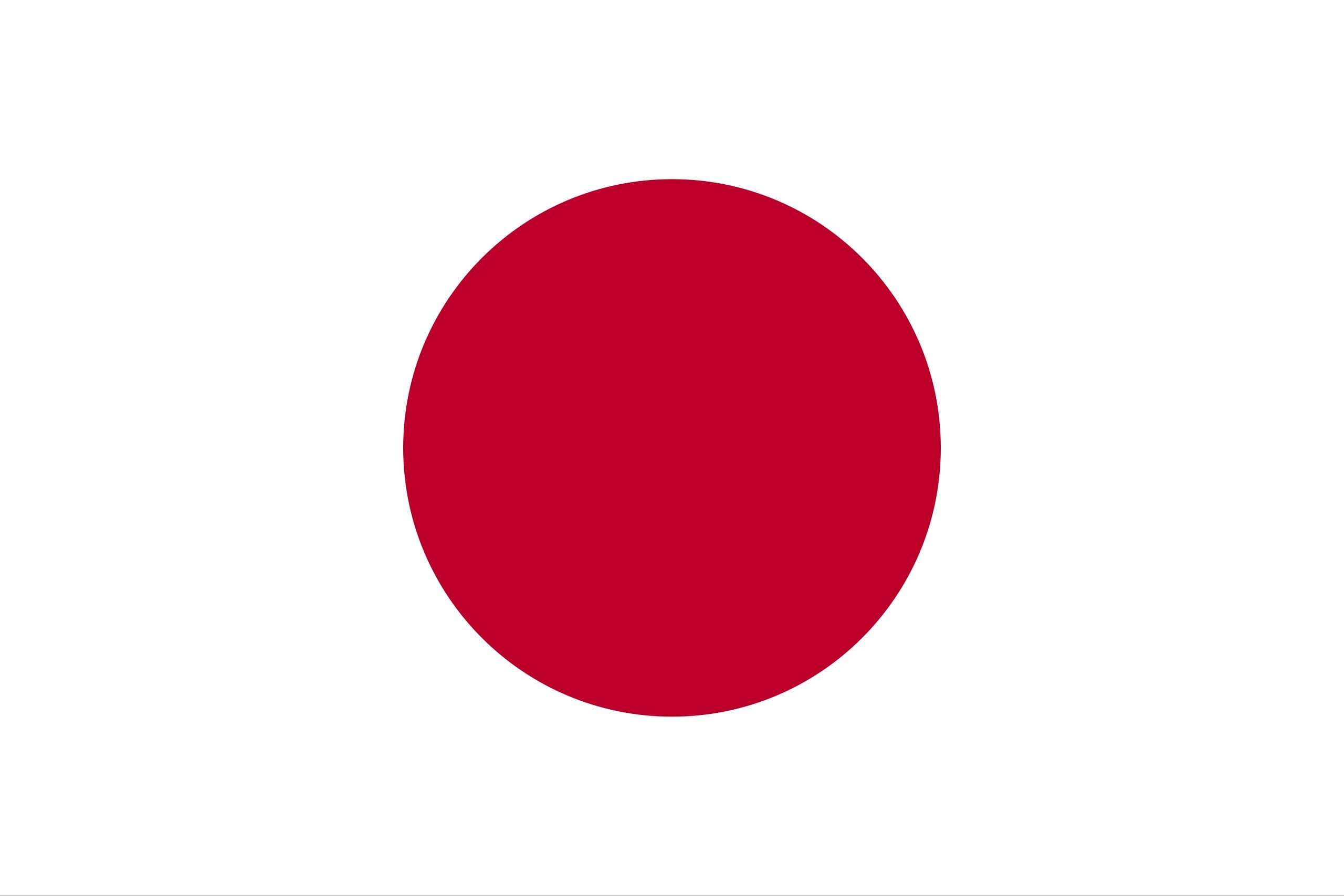Japan Approves ¥21.3 Trillion Stimulus Package to Combat Inflation
On November 20, 2025, the Japanese government announced the approval of a significant economic stimulus package amounting to ¥21.3 trillion (approximately $135 billion). This initiative marks the largest economic stimulus effort since the COVID-19 pandemic and is designed to alleviate the financial strain that persistent inflation has placed on households across the nation.
Key Details
The stimulus package includes several key components aimed at providing immediate relief and fostering economic stability:
- Tax Cuts: The plan allocates ¥2.7 trillion for tax reductions, which encompasses income tax relief aimed at easing the financial burden on citizens.
- Child Allowances: A total of ¥400 billion is designated for child allowances, providing ¥20,000 per child to support families.
- Gasoline Tax Suspension: In an effort to control rising fuel prices, the government will suspend gasoline tax rates, a move intended to provide immediate relief to consumers facing high transportation costs.
- Local Subsidies: The package includes ¥2 trillion earmarked for local subsidies aimed at price stabilization across various sectors, helping to mitigate the impact of inflation at the community level.
- Energy Bill Subsidies: To assist households with rising energy costs, ¥500 billion will be allocated for energy bill subsidies, which will remain in effect through March 2026.
- Crisis Response and Economic Security: The stimulus also designates ¥7.2 trillion for various crisis response measures and economic security priorities, reflecting the government"s commitment to addressing both immediate and long-term economic challenges.
This comprehensive stimulus plan is funded by a supplementary budget of ¥17.7 trillion, which is part of the government"s broader fiscal strategy to stimulate economic growth following a recent contraction in Japan"s Gross Domestic Product (GDP). Prime Minister Sanae Takaichi has been a vocal advocate for fiscal expansion, emphasizing the need for swift action to support households and boost consumption in the face of ongoing economic pressures.
Background
The decision to implement this stimulus package comes at a critical time for Japan, as the country grapples with persistent inflation that has significantly affected the cost of living for many citizens. The government"s proactive approach aims to provide immediate financial relief while also laying the groundwork for longer-term economic stability and growth. The approval of this package is expected to be finalized by the Cabinet shortly, with an emphasis on rapid deployment to ensure that support reaches households as quickly as possible.
What"s Next
As the government moves forward with the implementation of this stimulus package, the focus will be on monitoring its impact on consumer spending and overall economic recovery. Analysts and policymakers will be closely observing how these measures influence inflation rates and whether they successfully stimulate economic activity in the coming months. The government"s commitment to fiscal expansion, as articulated by Prime Minister Takaichi, suggests that further measures may be considered if economic conditions do not improve.
For those interested in related developments, you can read about recent developments in other sectors, including political actions that may have implications for economic policies.
This stimulus package represents a significant step by the Japanese government to address the challenges posed by inflation and to support its citizens during a time of economic uncertainty.







![[Video] Gunfire between Iraqi security forces and Sadr militias in Baghdad](/_next/image?url=%2Fapi%2Fimage%2Fthumbnails%2Fthumbnail-1768343508874-4redb-thumbnail.jpg&w=3840&q=75)
